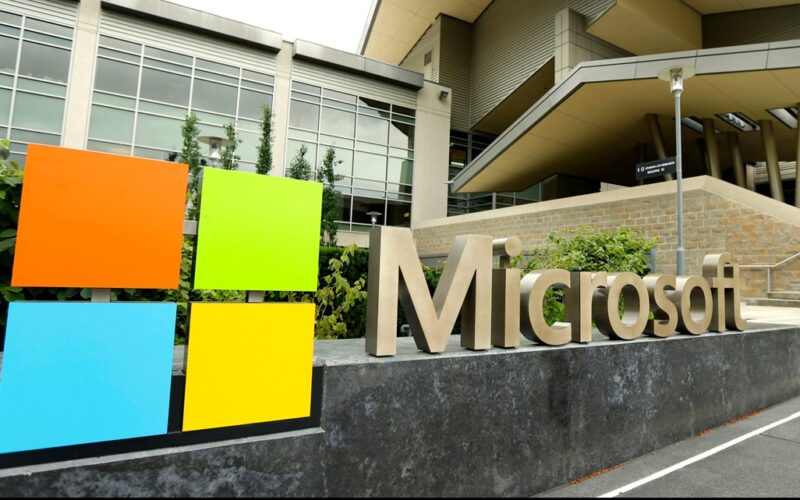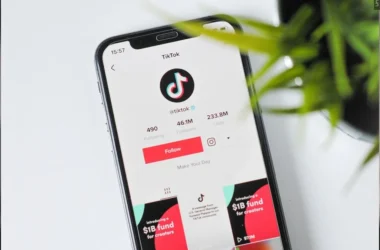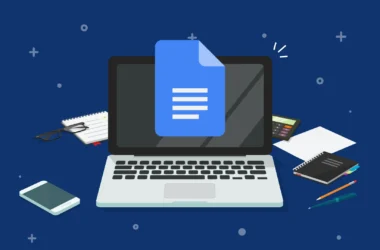On Thursday, Microsoft announced a set of new healthcare data and artificial intelligence tools, including medical imaging models, a healthcare agent service, and an automated documentation solution for nurses. These innovations are designed to help healthcare organizations develop AI applications more quickly while easing the burden of administrative tasks on clinicians—a significant factor in healthcare worker burnout. According to the Office of the Surgeon General, nurses spend up to 41% of their time on documentation.
Reducing Burnout and Improving Collaboration
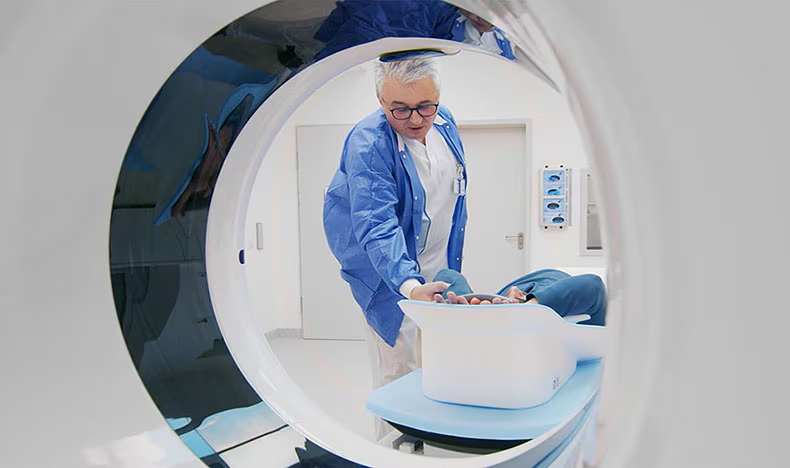
“By integrating AI into healthcare, our goal is to reduce the strain on medical staff, foster team collaboration, and enhance the overall efficiency of healthcare systems,” said Mary Varghese Presti, Vice President of Microsoft Health and Life Sciences. This is the latest move in Microsoft’s push to establish itself as a leader in healthcare AI, following its acquisition of Nuance Communications, a leading speech-to-text AI company, in a $16 billion deal in 2021.
Boosting Microsoft’s Healthcare AI Leadership
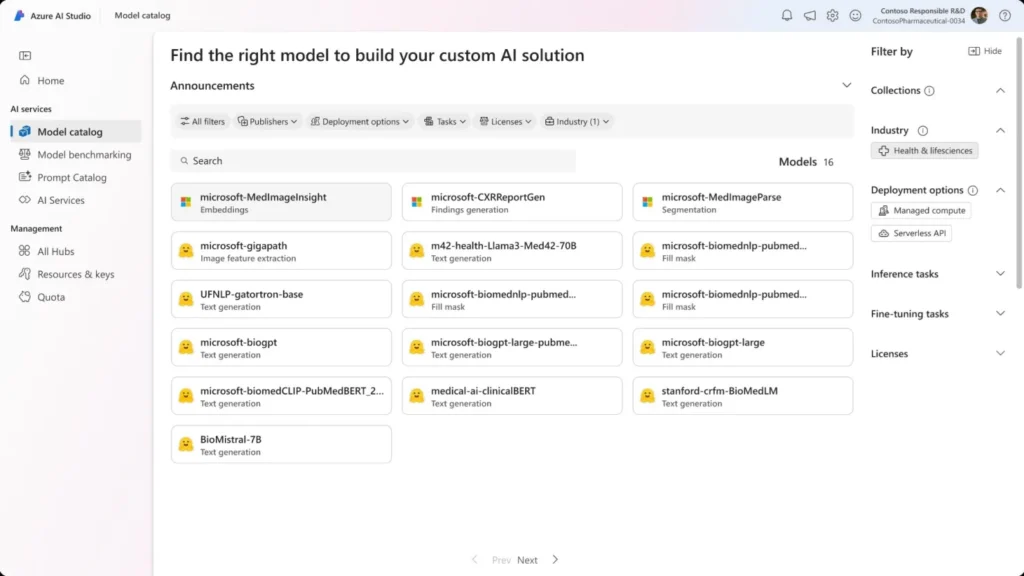
Many of the tools announced are still in early stages or available only in preview, and healthcare organizations will validate them before broader deployment. This follows a series of AI health features that Microsoft unveiled last year in its Azure cloud and Fabric analytics platform, reflecting the company’s growing footprint in healthcare AI.
Enhancing Medical Imaging with AI Models
With nearly 80% of hospital visits involving medical imaging, Microsoft is launching open-source multimodal AI models to analyze not only text but also medical images, clinical records, and genomic data. A collaboration with Providence Health & Services led to the development of a whole-slide model for cancer pathology, a breakthrough in mutation prediction. Previously, AI models could only analyze small portions of slides due to data size limits. Now, health systems can fine-tune these models through Microsoft’s Azure AI Studio to suit their specific needs.
Building AI Agents for Healthcare Systems
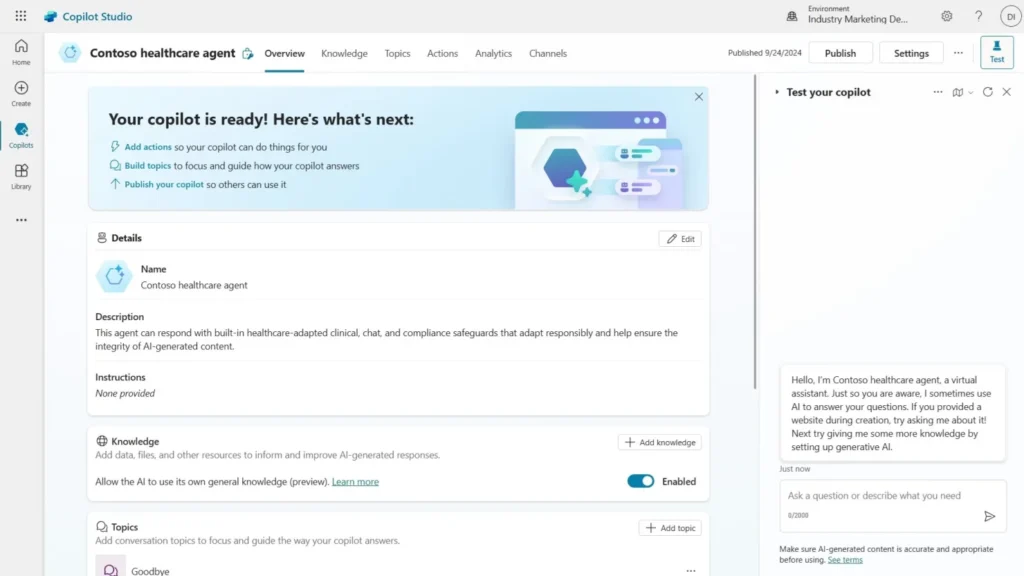
Microsoft’s new healthcare agent service allows organizations to create AI agents that assist with various tasks. Built through Microsoft’s Copilot Studio, these AI agents help users with healthcare-specific tasks such as answering questions, automating processes, and improving efficiency. For instance, an AI agent could assist doctors in identifying relevant clinical trials for patients, saving valuable time. The service is currently available in preview, and Microsoft has implemented safeguards such as clinical evidence sourcing to ensure accuracy and transparency in AI-generated responses.
AI-Powered Documentation for Nurses
Microsoft also announced that it is expanding its popular DAX Copilot, currently used by doctors, to serve nurses. DAX Copilot allows clinicians to record patient visits and automatically converts those recordings into clinical notes, reducing the time spent on documentation. As part of its continued partnership with Epic Systems, a healthcare software company managing the records of over 280 million U.S. patients, Microsoft aims to tailor this solution specifically for nursing workflows. Microsoft is working with healthcare institutions like Stanford Health Care, Northwestern Medicine, and Tampa General Hospital to customize the tool to fit the unique documentation needs of nurses.
Presti noted that Microsoft’s team has spent hours observing nurses in their daily work to understand their tasks and the areas where AI can make a meaningful impact, reducing administrative burdens and improving patient care.

